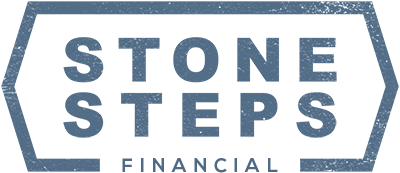The Secret to Financial Planning
As Carl Richard’s points out in the graphic below, most of us don’t have a financial plan. We’re not clear about our goals and we don’t know how to quantify the uncertainty of financial markets, so we choose to do nothing!

As a financial advisor, I often find myself talking with highly intelligent people who find themselves in this position. It’s not really their fault. We are wired to handle tasks that make sense to us and planning for your financial future is very intangible. So how to do we move past this? What is the secret to financial planning?
A quote about planning from one of the greatest generals of World War II explains the secret really well:
“In preparing for battle I have always found that plans are useless, but planning is indispensable.”
– Dwight D. Eisenhower
Kind of crazy for me, a financial planner, to use a quote that says plans are useless, right? But it’s true! A plan is essentially just a snapshot of our best guess of what the future will hold. Life rarely plays out the way we intend it to while we are planning.
The benefit of a financial planning is the process of planning itself, not the well polished plan that we discuss at the end of the process. Life will change, plans will change, but learning how to plan and adapt to that change will help you gain clarity and reduce your anxiety about the future.
Once you view planning as dynamic rather than static, as a best guess rather than finite, planning is much more palatable and easier to digest. Not knowing exactly what the future holds can actually be a freeing experience. It allows you to focus on what you can control rather than worrying about all of the things you cannot control.

Do your best rather than trying to achieve perfection, plan for the goals that matter most to you, and then adapt as conditions change.
When I work with clients, we create an initial financial plan at the beginning of our relationship, but we don’t just file it away after the first planning meeting. We use the plan as a living and breathing document to make sure that the client’s finances are on course. This is what we call goals-based planning.
We also update the document as life changes, and it’s going to change for better or for worse. You may have a long lost uncle grant you mineral rights to oil rich ground. I’ve seen it happen. You may lose your home after losing your job. Unfortunately I’ve seen this too.
The point is you need to have a plan in place so you know where you’re headed. Your path may change along the way. That’s okay; more than likely it is inevitable. It is better to have a plan and adapt than to have no plan at all.
Do you have a financial plan? If not, what is holding you back?








